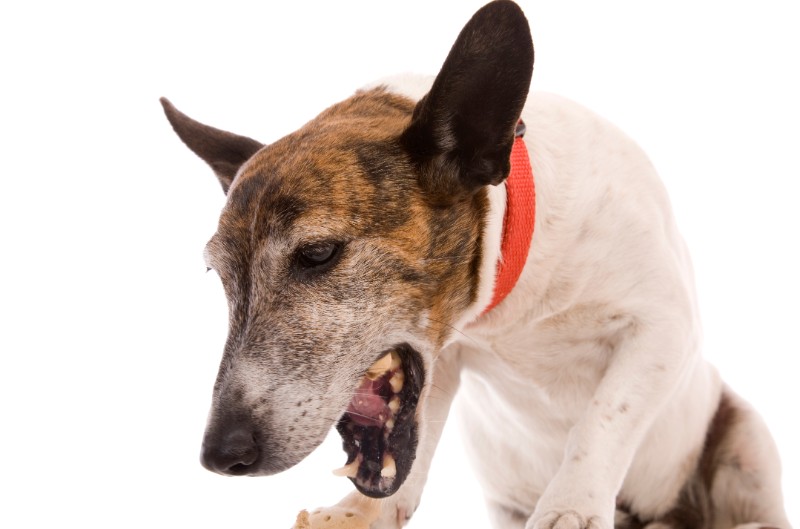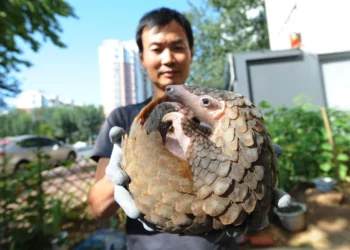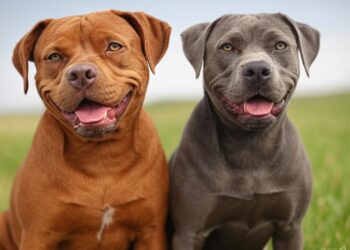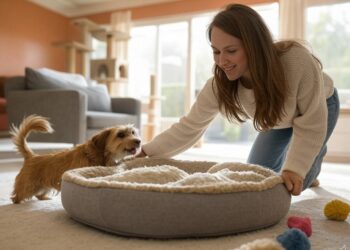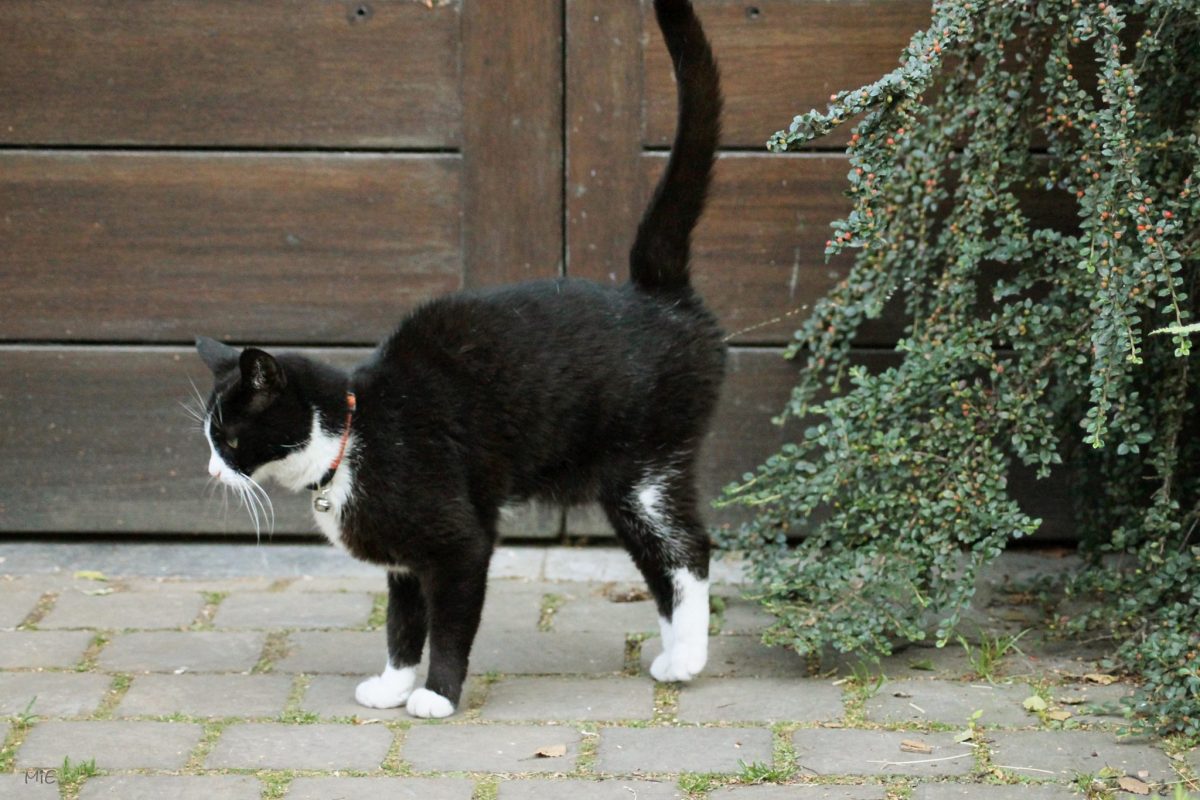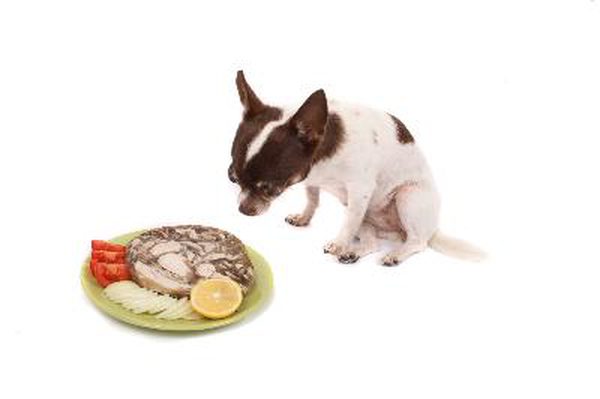IN THIS ARTICLE
- What is Kennel Cough?
- Symptoms of Kennel Cough
- Treating and Preventing Kennel Cough
Let’s dive in
What is Kennel Cough?
Just as human colds may be caused by many different viruses, kennel cough itself can have multiple causes. One of the most common culprits is a bacterium called Bordetella bronchiseptica m– which is why kennel cough is often called Bordetella. Most dogs that become infected with Bordetella are infected with a virus at the same time. These viruses, which are known to make dogs more susceptible to contracting Bordetella infection, include canine adenovirus, canine distemper virus, canine herpes virus, parainfluenza virus and canine reovirus.
Dogs “catch” kennel cough when they inhale bacteria or virus particles into their respiratory tract. This tract is normally lined with a coating of mucus that traps infectious particles, but there are a number of factors that can weaken this protection and make dogs prone to kennel cough infection, which results in inflammation of the larynx (voice box) and trachea (windpipe).
These factors include:
- Exposure to crowded and/or poorly ventilated conditions, such as are found in many kennels and shelters
- Cold temperatures
- Exposure to dust or cigarette smoke
- Travel-induced stress
Symptoms of Kennel Cough
The classic symptom of kennel cough is a persistent, forceful cough. It often sounds like a goose honk. This is distinct from a cough-like sound made by some dogs, especially little ones, which is called a reverse sneeze. Reverse sneezes can be normal in certain dogs and breeds, and usually only indicates the presence of post-nasal drip or a slight irritation of the throat.
Some dogs with kennel cough may show other symptoms of illness, including sneezing, a runny nose, or eye discharge.
If your dog has kennel cough, he probably will not lose his appetite or have a decreased energy level.
Treating and Preventing Kennel Cough
Kennel cough is contagious. If you think your dog might have the condition, you should keep him away from other animals and contact your veterinarian.


